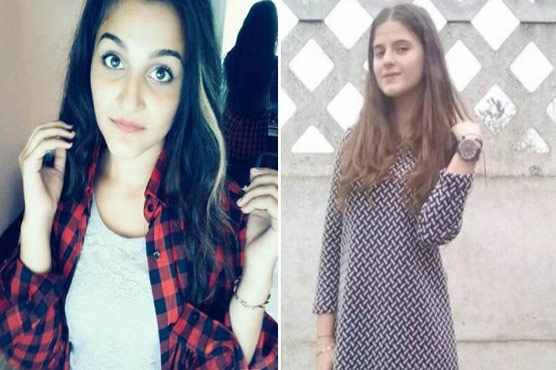DNA results confirm kidnapped Romanian teenage girl is dead, family says

On site, authorities found bone fragments and collected DNA samples.
BUCHAREST (Reuters) - DNA results have confirmed that a kidnapped 15-year-old Romanian girl was dead, her uncle said on social media late on Friday, in a case that has stoked public outrage and revealed deep flaws in the European Union member state’s public safety system.
A 65-year-old mechanic from the southern Romanian town of Caracal has confessed to killing Alexandra Macesanu, who went missing on July 24, and another 18-year-old girl last seen in April.
Macesanu phoned the European emergency number 112 three times to say she had been kidnapped, beaten and raped. It took authorities 19 hours to locate and enter the mechanic’s residence as they struggled to trace her calls and secure unnecessary search warrants.
On site, authorities found bone fragments and collected DNA samples, but a preliminary forensics report has yet to be released.
“DNA tests confirm that Alexandra is dead”, Macesanu’s uncle Alexandru Cumpanasu, who has been acting as a spokesman for the family, said late on Friday on his Facebook page. “The justice minister has notified my cousin.”
The country’s forensics institute was not immediately available for comment.
Romanian anti-organised crime prosecuting unit DIICOT, which is running the criminal investigation, said earlier on Friday it had received preliminary forensics results, but would only release them once they were corroborated.
DIICOT also said it collected new bone fragments and DNA samples during another search of the suspect’s house on Friday.
“I have not lost trust, I believe she is still alive, I cannot wait to see her”, Ioan Macesanu, the father of the girl, told reporters late on Thursday.
The authorities’ handling of the case has triggered street protests in cities across the country. The interior minister has resigned, while the chief of Romanian police and several other officials were fired.
Prosecutors are investigating those responsible for the slow response. President Klaus Iohannis said earlier in the week that a preliminary inquiry has shown politicised public safety bodies to be under-funded, short-staffed and insufficiently trained.


